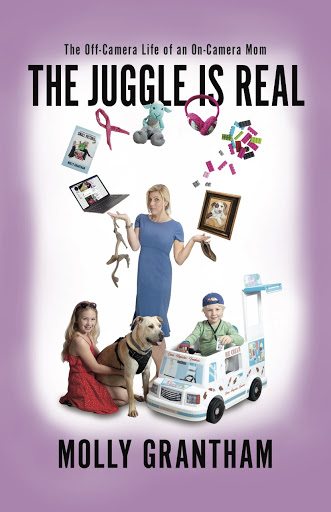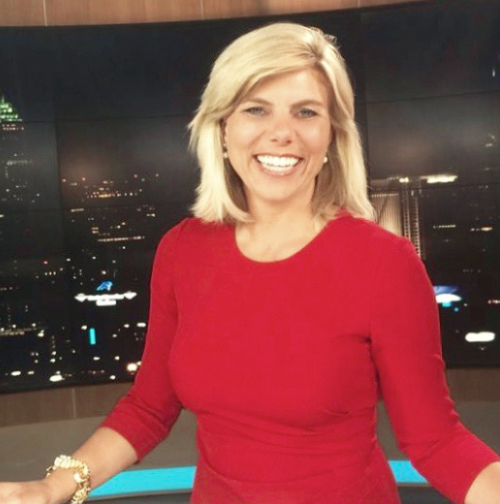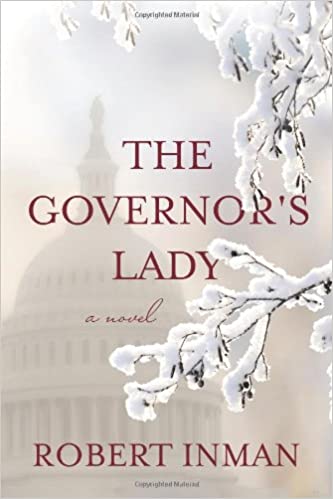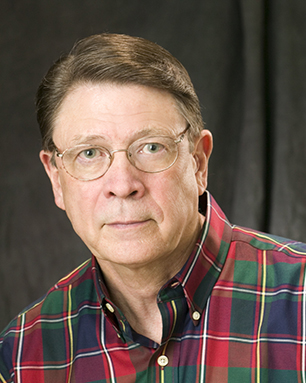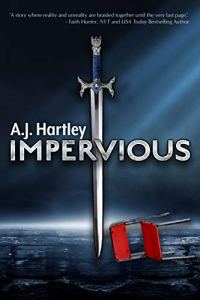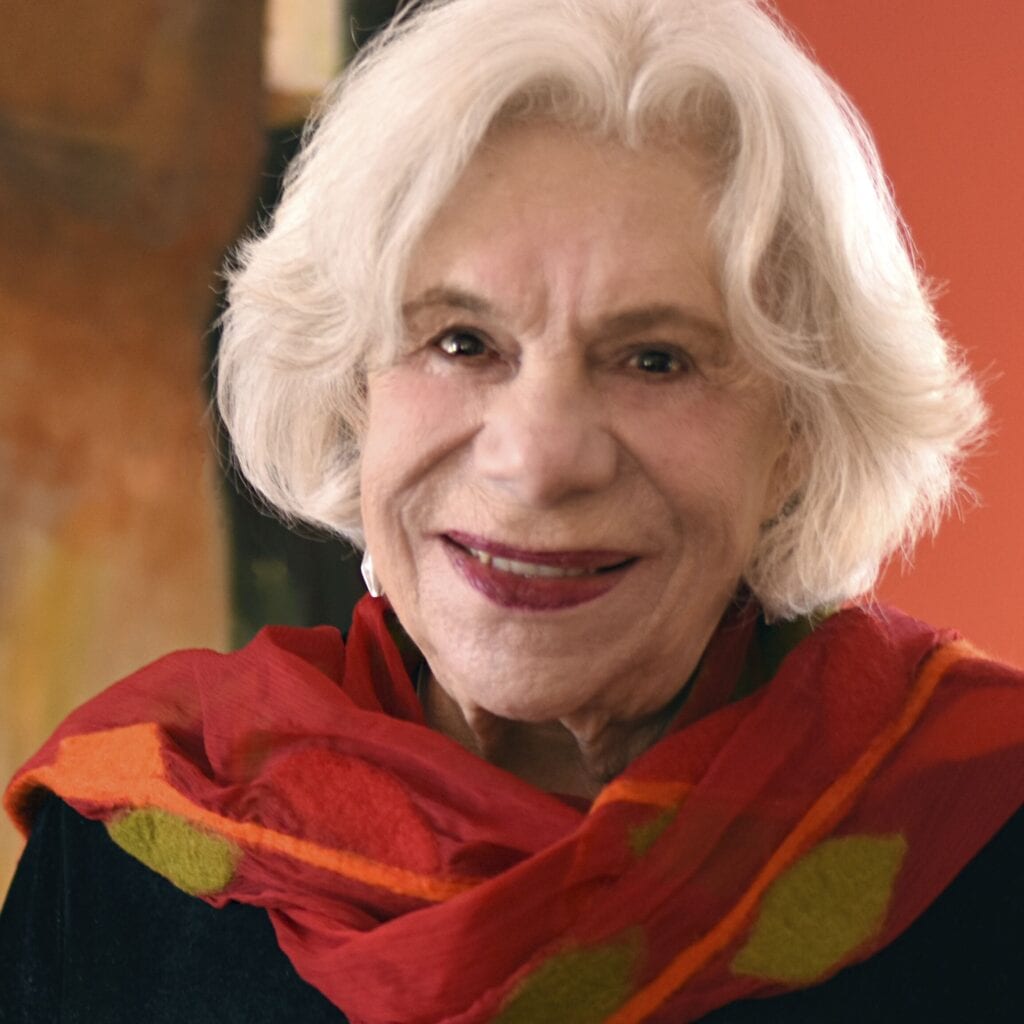With Memorial Day upon us, now is a fitting time not only to honor those who lost their lives while serving in the military but also to reflect on the power and significance of well-told war stories. The type of war stories that I find most moving are those that focus on how individuals respond to the high-stakes situations associated with wars. Two such books are Wynne’s War (2014) by Aaron Gwyn and Two Souls Indivisible: The Friendship That Saved Two POWs in Vietnam (2004) by James S. Hirsch. Wynne’s War is a novel set in the mountains of Afghanistan while Two Souls Indivisible is a work of nonfiction about two American pilots held captive in a POW camp during the Vietnam War. Both books provide insights into how people deal with the realities war, and both books have connections to the Charlotte area.
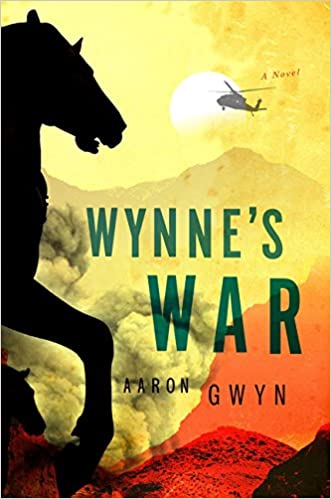
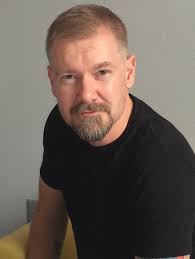
Aaron Gwyn, the author of Wynne’s War and several other books of fiction, is a creative writing professor in the English Department at UNC Charlotte. He was raised on a cattle ranch in Oklahoma where he rode horses throughout his growing up years, and his familiarity with horses is reflected in Wynne’s War. This novel focuses on two characters—a young Army Ranger named Elijah Russell, who is known for his excellent horsemanship, and Captain Carson Wynne, who commands a group of Green Berets. Wynne assigns Russell with the task of training his group of Green Berets how to ride horses so that they can carry out a secret mission in the mountainous region of eastern Afghanistan where horses are well suited for the treacherous terrain. Over the course of the novel, the relationship between Russell and Wynne becomes increasingly complex, especially for Russell. As they travel deeper and deeper into enemy territory, Russell finds himself torn between his obligation to follow Wynne’s orders and his growing concern about Wynne’s obsessive and almost fanatical behavior. Wynne’s War is very much an action-packed war story, but it is also a thoughtful character study.
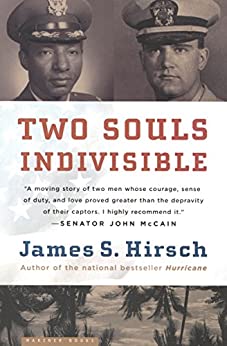
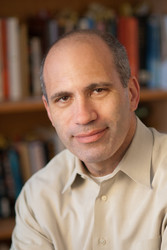
James S. Hirsch’s Two Souls Indivisible focuses on the evolving relationship between Fred V. Cherry, who grew up in Suffolk, Virginia, and Porter A. Halyburton, who grew up a little north of Charlotte in Davidson, North Carolina. As Hirsch recounts in his book, both men served as pilots during the Vietnam War, and both were captured by the North Vietnamese and held as prisoners of war for more than seven years. Their captors imprisoned them in the same cell, thinking that Cherry (an African American) and Halyburton (a white southerner) would have an intense animosity toward each other. However, the two men developed a deep friendship and supported each other throughout their years in captivity. Hirsch’s book does not gloss over the horrible experiences these men faced as POWS, but he emphasizes their friendship and resilience. The friendship that Cherry and Halyburton forged during their years in a POW camp persisted long after they gained their freedom. The two men stayed in frequent contact until Cherry’s death in 2016.
General William Sherman once said, “War is hell.” Wynne’s War and Two Souls Indivisible certainly provide support for Sherman’s assertion. However, these books transcend the hellish horror of war. They provide readers with insights into the hearts and minds of the participants in our wars. Although these books are set in far-away places, they are still part of Storied Charlotte.
